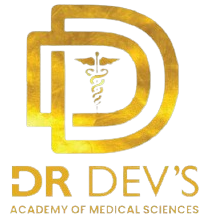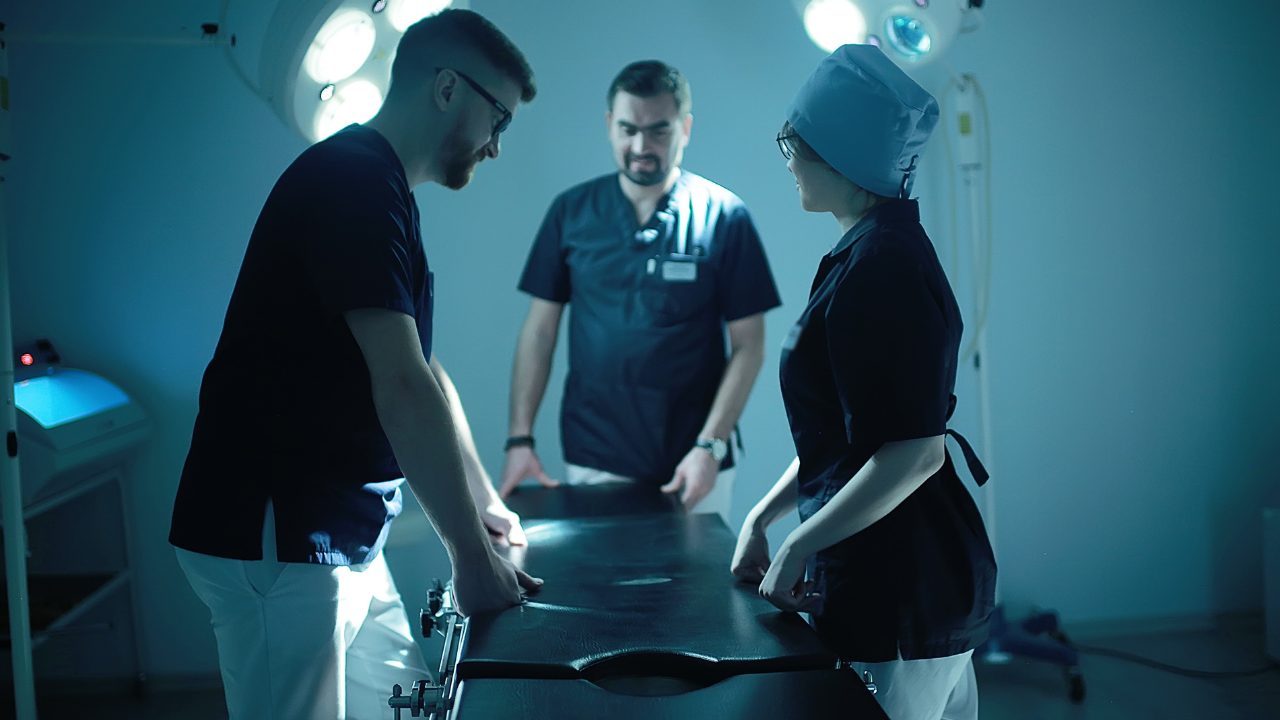Introduction:-
The field of medical education is often perceived as a noble and rewarding profession, dedicated to shaping the minds of future healthcare professionals. However, beneath the surface, the demanding nature of this career path can lead to a phenomenon that has gained increasing attention in recent years: burnout. Burnout among medical educators is a complex and multifaceted issue that not only affects the well-being of educators themselves but also has farreaching implications for the quality of medical education and the future of healthcare. the impact of burnout on medical educators, explore the contributing factors, and propose effective strategies for prevention to create a sustainable and supportive environment for medical educators to thrive. Access convenient online Fellowship Courses after MBBS, MS, and MD. Propel your medical career forward with ease and flexibility.
The Impact of Burnout on Medical Educators:-
Burnout, as defined by Maslach and Jackson (1981), is a state of emotional, physical, and mental exhaustion caused by prolonged stress, often related to work. In the context of medical education, burnout among educators can manifest in various ways, including decreased job satisfaction, emotional exhaustion, depersonalization, and a reduced sense of personal accomplishment. These symptoms can lead to a decline in the quality of teaching, strained interactions with students and colleagues, and an overall negative impact on the learning environment. Moreover, burnout can also lead to physical health issues, such as cardiovascular problems, weakened immune system, and increased susceptibility to illness. Expand your medical horizons with Post-MBBS Fellowship & Diploma Courses curated by top-tier medical
education consultants.
.
The demanding nature of the medical profession, combined with the pressures of academic responsibilities, creates a fertile environment for burnout to take root. Educators often face heavy workloads, long hours, administrative demands, and the emotional toll of dealing with complex student needs. The pressure to excel in research, clinical practice, and teaching simultaneously can create a sense of overwhelming responsibility. Additionally, the hierarchical structure of academic institutions and the limited resources for faculty support further exacerbate the risk of burnout. Explore specialized Fellowship Courses after MD, MS, and MBBS, tailored for Doctors’ professional growth.
Contributing Factors to Burnout:-
To understand the full scope of burnout among medical educators, it is essential to explore the contributing factors that perpetuate this phenomenon. The demanding nature of the medical profession, combined with the pressures of academic responsibilities, creates a fertile environment for burnout to take root. Educators often face heavy workloads, long hours, administrative demands, and the emotional toll of dealing with complex student needs. The pressure to excel in research, clinical practice, and teaching simultaneously can create a sense of overwhelming responsibility. Additionally, the hierarchical structure of academic institutions and the limited resources for faculty support further exacerbate the risk of burnout. Unlock advanced medical expertise with Fellowship Courses tailored for Doctors. Trust the best in medical education consulting for your career advancement.
Strategies for Prevention:-
Preventing burnout among medical educators requires a multifaceted approach that addresses
both individual and systemic factors. Some effective strategies include:
- Self-Care and Work-Life Balance: Encouraging educators to prioritize self-care, engage in hobbies, and maintain a healthy work-life balance can help mitigate the impact of stress and prevent burnout. Embark on a journey of specialized medical education excellence with the premier PG Diploma Course. Trust the best for your professional growth. Advance your medical career with specialized PG Diploma Courses. Choose the best in medical education consultancy for unparalleled growth.
- Supportive Work Environment: Creating a supportive work environment that promotes open communication, recognizes the efforts of educators, and provides resources for managing stress can significantly reduce the risk of burnout. Embark on a journey of specialized medical education excellence with the premier PG Diploma Course. Trust the best for your professional growth.
- Professional Development and Training: Offering professional development opportunities and training in stress management, resilience, and coping strategies equips educators with the tools to navigate the challenges of their roles effectively. Embark on a transformative journey with PG Diploma Course, guided by the pinnacle of medical education consultancy.
- Streamlining Administrative Processes: Identifying and streamlining administrative processes can alleviate the burden on educators, allowing them to focus more on teaching and mentoring without feeling overwhelmed by bureaucratic tasks. Embark on a transformative journey with PG Diploma Course, guided by the pinnacle of medical education consultancy.
- Peer Support and Mentorship Programs: Establishing peer support networks and mentorship programs can provide educators with valuable emotional and professional support, fostering a sense of community and belonging. Embark on a journey of specialized medical education excellence with the premier PG Diploma Course. Trust the best for your professional growth.
Conclusion:-
In conclusion, burnout among medical educators has far-reaching consequences for the quality of medical education and the well-being of educators themselves. Recognizing the impact of burnout and implementing proactive strategies for prevention is crucial for sustaining a supportive and effective learning environment in medical education. By addressing the contributing factors and promoting a culture of well-being, academic institutions can cultivate a resilient and empowered faculty that positively influences the next generation of healthcare professionals. It is imperative that the medical education community acknowledges the severity of burnout and takes concerted action to prioritize the well-being of its educators. By doing so, we can create a more sustainable and supportive environment for medical educators to thrive, ultimately benefiting the entire healthcare system. For doctors seeking to advance their careers: explore a spectrum of Fellowship Courses after MBBS, MD, and MS, both online and offline, with the premier medical education consultant.


Kit Poe
21 September 2024Superb layout and design, but most of all, concise and helpful information. Great job, site admin. Take a look at my website 59N for some cool facts about Cosmetics.
Maxine Stync
31 October 2024Your posts stand out from other sites I’ve read stuff from. Keep doing what you’re doing! Here, take a look at mine 71N for content about about Airport Transfer.